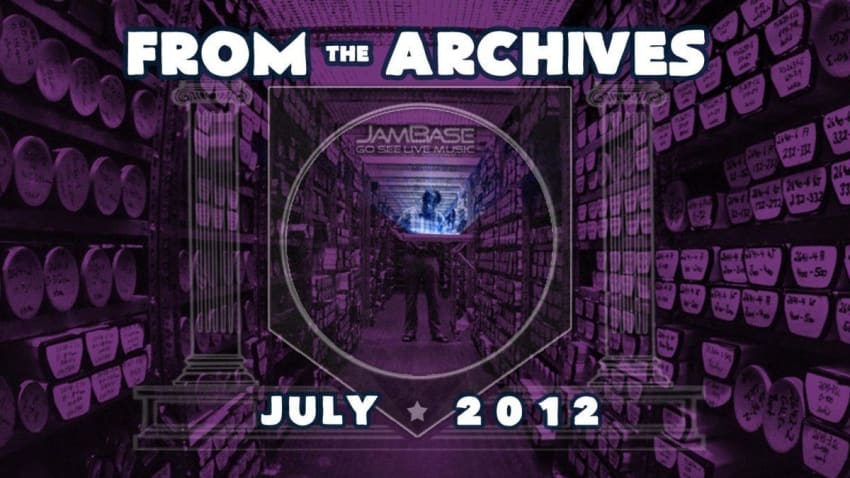Review | Furthur | Chicago
By Team JamBase Jul 30, 2012 • 1:53 pm PDT

Furthur :: 07.17.12 :: Charter One Pavilion :: Chicago, IL
 |
Nearly a month after a Soldier Field show in early July of 1995, Jerry Garcia died unexpectedly. I’ve been watching him perform “So Many Roads” from the last show repeatedly on YouTube as it reveals the aging rock star, with an uncanny sense of what is coming, saying goodbye.
Scalping into the packed venue to hear the delightful opening chords of what transformed into a sultry version of “Here Comes Sunshine,” I quickly realized that Furthur was up to something new and exciting musically. They are equally unpredictable as the original band, and in some ways, more fun.
 |
After sturdy versions “Half-Step” and “Cumberland Blues,” Weir took center stage and delivered a mellow but strong “Cassidy.” “I like their ‘Cassidy’ better than the Grateful Dead’s,” said Tony, a thirty-something software developer from Chicago. “I would have given my left arm to see the band, just once.”
 |
The Warlocks co-founder countered with “Doin’ that Rag,” “Lost Sailor,” and “Saint of Circumstance” which carried us to the break, and he wasn’t finished. With a nod to Albert Camus, Weir launched into “Feel Like a Stranger,” followed by a fierce “Passenger.” His jangling and distinctive rhythm guitar shifted speeds and built momentum, making this one a much better choice than “Hell in a Bucket.”
 |
Midway through the second set, Phil Lesh took the show to another dimension. On the last note of the American Beauty staple “Truckin'”, the statuesque bassist leaned forward to finish it off with an emphatic note that he extended for five seconds before launching the band into an entertaining and improvisational “Viola Lee Blues.” In the middle verses, Jeff Chimenti’s piano sped up this classic extended jam, creating a rockabilly version that was close to the theme from the Batman television show. The song was made new again with a freshness that showcased a stable of talented performers in addition to Weir, Kadlecik and Lesh. Chimenti added some nuanced phrasing that morphed from jazz piano to rock-and-roll, and Joe Russo’s drums thundered through the early parts of the song.
Then Lesh surprised us again, belting out “Mountains of the Moon” with a timeless and soulful voice, suggesting that the music will never stop despite his advancing years. The intricate song, rife with references to Edgar Allan Poe, nursery rhymes, and an obscure banjo player was only played 10 times by the Grateful Dead–all in 1969.
Kadlecik came back strong with a substantial “Morning Dew” at his own pace, delivering an immaculate vocal and some expansive staccato solos on his guitar. Weir and Lesh joined in for a tremendous crescendo as Chimenti’s piano screamed in agony before the ending.
 |
What sets Furthur apart from other attempts to assemble the remaining Grateful Dead members after Jerry’s passing is not only their willingness to experiment and dig deep into the rich canon of songs like “Sunshine,” “Passenger,” “Viola Lee Blues,” “Mountains of the Moon,” and “Attics of My Life” — but also to play them in interesting and distinctive ways while enjoying every moment.
Furthur Tour Dates :: Furthur News
JamBase | Hot Fun in the Summertime
Go See Live Music!
